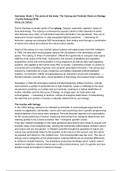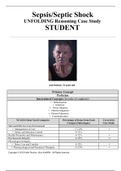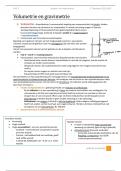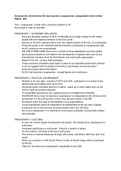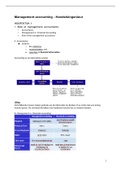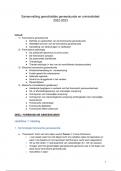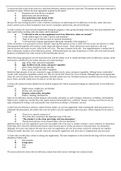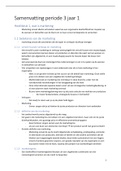Samenvatting
Summary_ Book 3. The arena of the body_ The Cyborg and Feminist Views on Biology _ Cecilia Asberg in Doing Gender in Media, Art and Culture
- Instelling
- Universiteit Utrecht (UU)
Summary_ Book 3. The arena of the body_ The Cyborg and Feminist Views on Biology _ Cecilia Asberg in Doing Gender in Media, Art and Culture for Introduction to Gender Studies at UU. (2018/2019).
[Meer zien]
